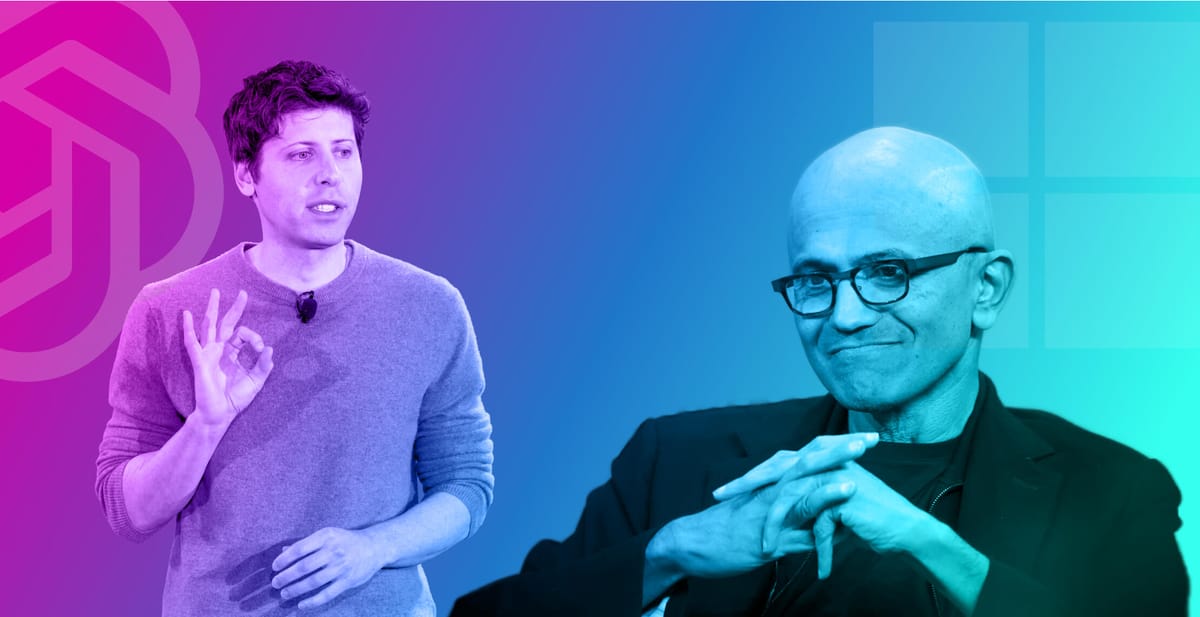
OpenAI is outselling Microsoft when it comes to their model-as-a-service business. According to a report from The Information, the ChatGPT creator now generates more revenue from selling access to its AI models than Microsoft does from its comparable offering.
The startup's API business, which allows developers to use models like GPT-4, reached $1 billion in annual revenue back in March. This milestone is particularly noteworthy as OpenAI only ramped up its sales efforts in mid-2023. In contrast, Microsoft's Azure OpenAI Service, which resells OpenAI's models, has just hit the same revenue mark.
This success comes as a surprise to many industry observers. When Microsoft formed its partnership with OpenAI in 2019, experts assumed Microsoft's extensive business connections would give it a significant advantage with large clients. However, OpenAI has proven remarkably adept at securing major deals on its own.
OpenAI's strategy focuses on offering early access to new models and working closely with large customers to tailor its offerings. This approach has helped the company compete effectively against Microsoft's discount and bundling strategies.
Microsoft has taken notice of OpenAI's growth. In response, the tech giant has adjusted pricing for its Azure OpenAI Service, including a 25% reduction in the minimum spend required for guaranteed GPT-4 access during peak times, now around $185,000 per month.
This competition between the two companies isn't just about market share—it also serves a strategic purpose. When Microsoft and OpenAI renegotiated their agreement in late 2022, they explicitly stated that the companies would operate as separate entities and compete for customers. According to a source familiar with the contract, this arrangement was designed in part to reduce antitrust scrutiny, given the unusual nature of their partnership.
It's worth noting that this revenue comparison doesn't include Microsoft's various Copilot offerings, which integrate AI capabilities into its popular software suite. Similarly, OpenAI's ChatGPT Team and Enterprise subscriptions aren't factored in. A side-by-side comparison of these products could provide a more complete picture of the AI market landscape and the two companies' relative positions.
While this revenue comparison highlights a competitive aspect, it's important not to overstate the rivalry between Microsoft and OpenAI. Their partnership is founded on mutual benefits and strong incentives. OpenAI relies on Microsoft's vast cloud infrastructure to train and deploy its models, a critical advantage in the AI race. Meanwhile, Microsoft's substantial investment in OpenAI gives it both a financial stake in the startup's success and the right to integrate OpenAI's cutting-edge technology into its own products. This lets both companies play to their strengths and move fast, which matters more than fighting over a slice of the market.

